The Social Intervention Group is fortunate to conduct research and studies with a global audience, and recognizes the responsibility that accompanies engaging with individuals from multiple cultures and backgrounds.
To honor World Health Day this April 7th, and World Health Worker Week, we asked a few of our researchers what this year’s theme #HealthforAll means to them.
The Global Health Research Center of Central Asia
The Global Health Research Center of Central Asia (GHRCCA) was established in 2007 to advance solutions to health and social issues in Central Asia and the surrounding region, integrating a multidisciplinary team of faculty, scientists, researchers, and students committed to this end.
The Center’s core activities are outcome-driven and designed to improve the health and well-being of vulnerable populations including drug users and their partners, migrant workers from around the region, sex workers, women and children.
Sholpan Primbetova, GHRCCA’s Operations Manager, says:
“Health is such a gift.
Whenever we wish someone something positive, we always wish them good health.
Health is a luxury.”
Her team also weighed in:
And staff based at GHRCCA from project NOVA, a structural HIV micro-finance program for female sex workers in Kazakhstan:
Advancing Solutions in Policy, Implementation, Research and Engagement for Refugees (ASPIRE)
ASPIRE responds to the Syrian refugee crisis through three main activities: Collaborative research projects, a Consortium comprised of Columbia University schools, and student engagement.
Together with research partners, ASPIRE has launched two research studies: Women ASPIRE, which examines the mental and physical health needs of female Syrian refugees living outside of camps in Jordan, as well as examining barriers to accessing healthcare, and Providers ASPIRE, which studies the impact of secondary trauma on service providers to Syrian refugees in Turkey.
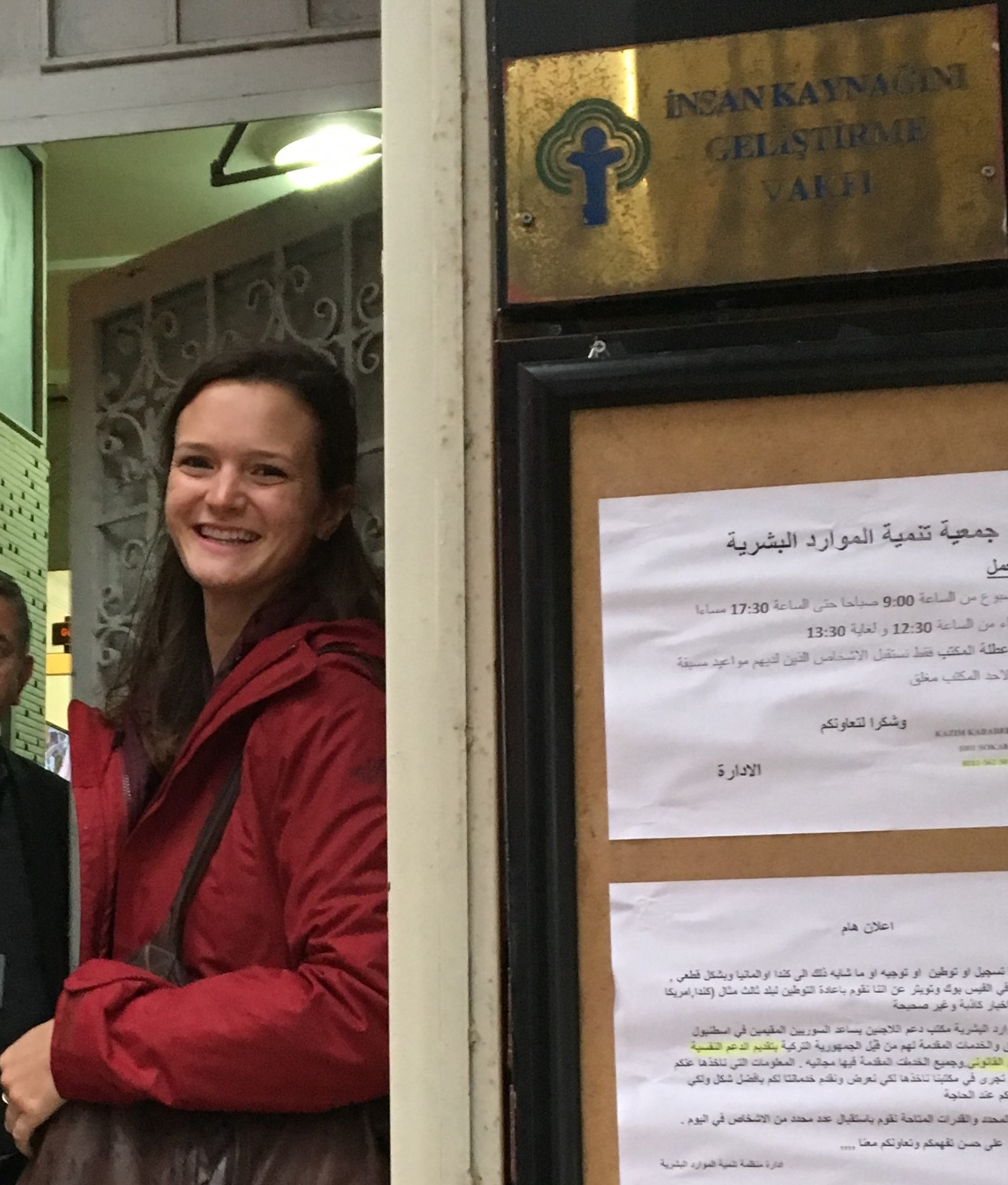
Melissa Meinhart, Project Director, ASPIRE, in Turkey at ASPIRE’s partner agency, the Human Resource Development Foundation
Melissa Meinhart, ASPIRE’s Project Director, weighs in on the “Health for All” theme:
“For me, #HealthforAll means amplifying the voices of individuals experiencing marginalization and stigmatization.
Healthcare needs vary across individuals and groups, so it is important to carefully consider culture and context in global health responses.
Integrating communities within research takes time but the resulting work is much more accurate and attentive.”
The Global Health and Mental Health Unit
SIG’s Global Health and Mental Health Unit promotes research, training and education activities related to health and mental health around the world. As seen in SIG’s Year in Review, the Unit completed a validation study in Uganda and South Africa of the post-trauma symptom scale developed by Dr. Lynn Michalopoulos, who leads the Unit. The scale, which takes cultural and contextual symptoms into consideration, is called the Global Post Trauma Symptom Scale.
“World health day is particularly important as a global social worker who believes in addressing the health needs of the worlds most vulnerable populations.
This includes and should emphasize the mental health and well being among populations where these issues are often forgotten.”

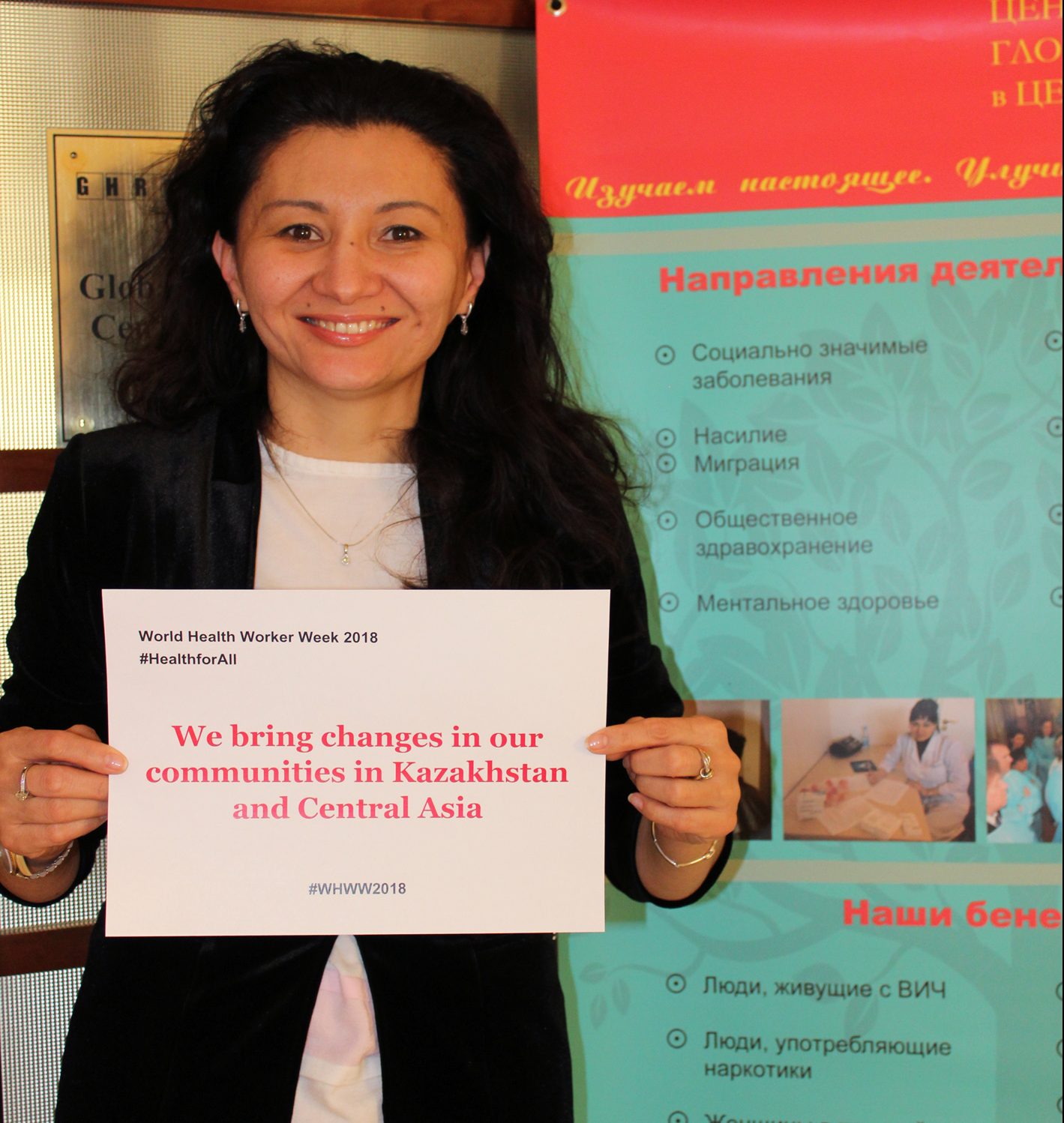
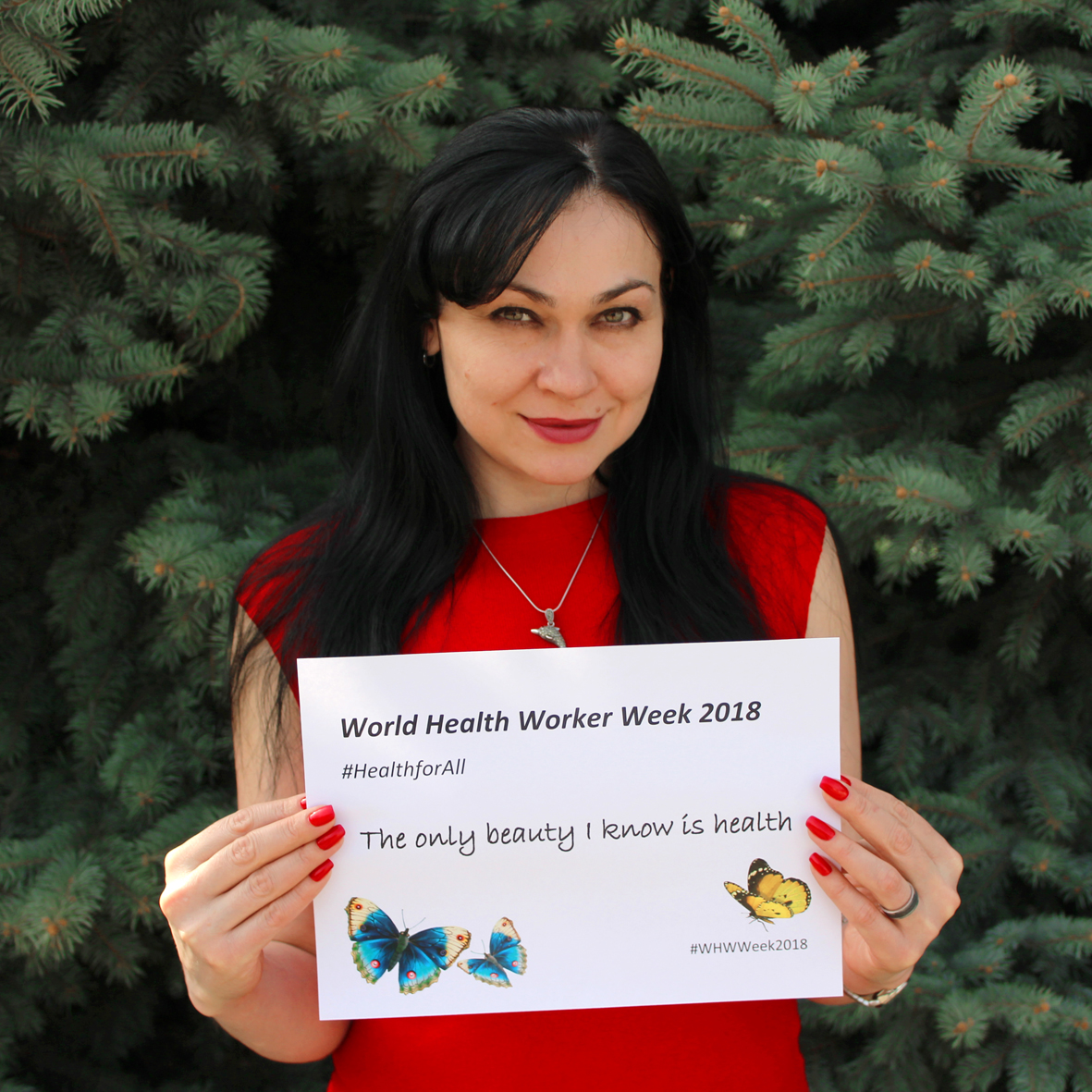
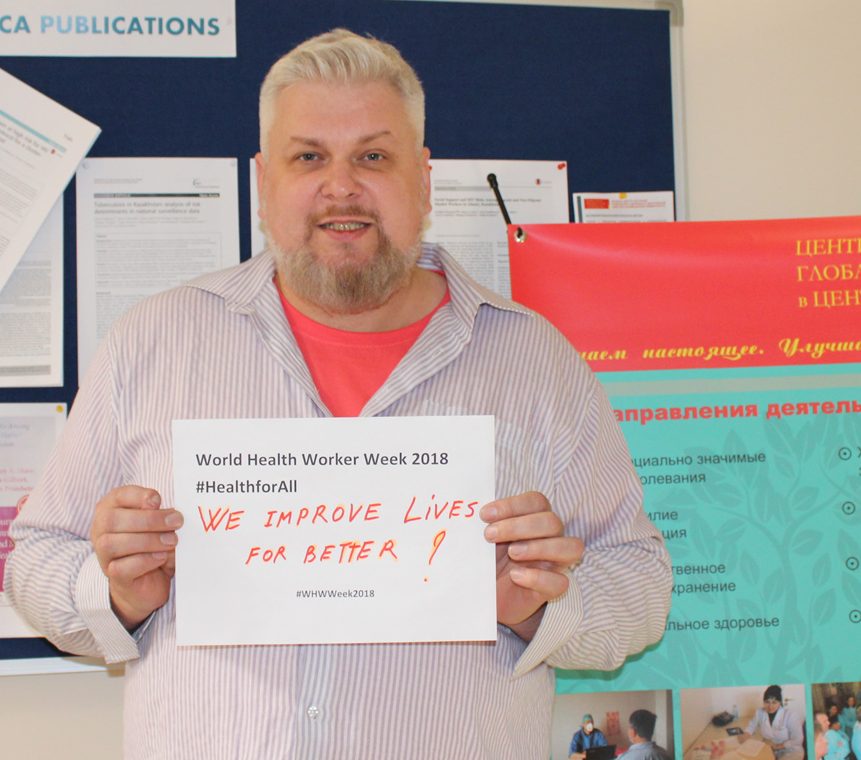
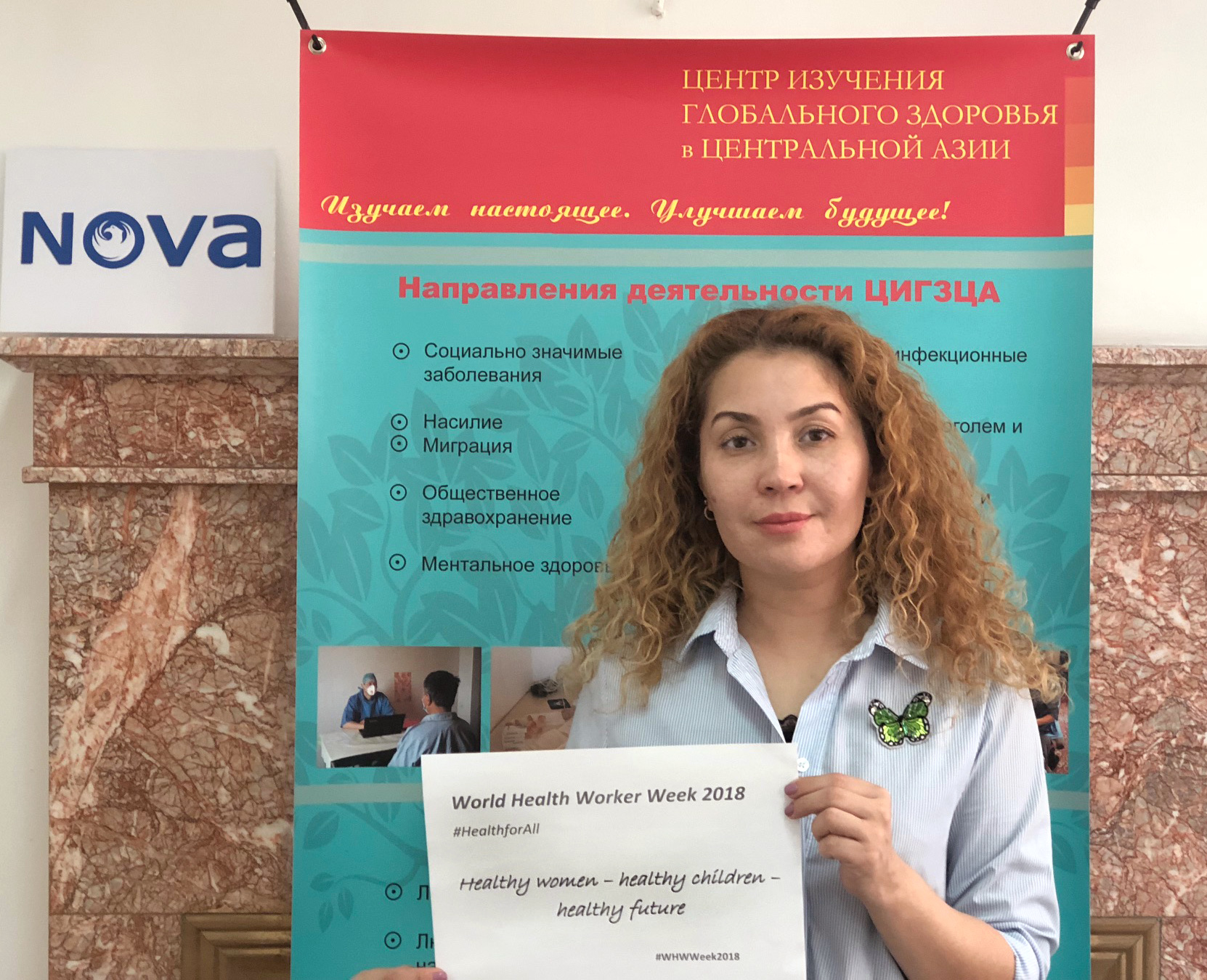
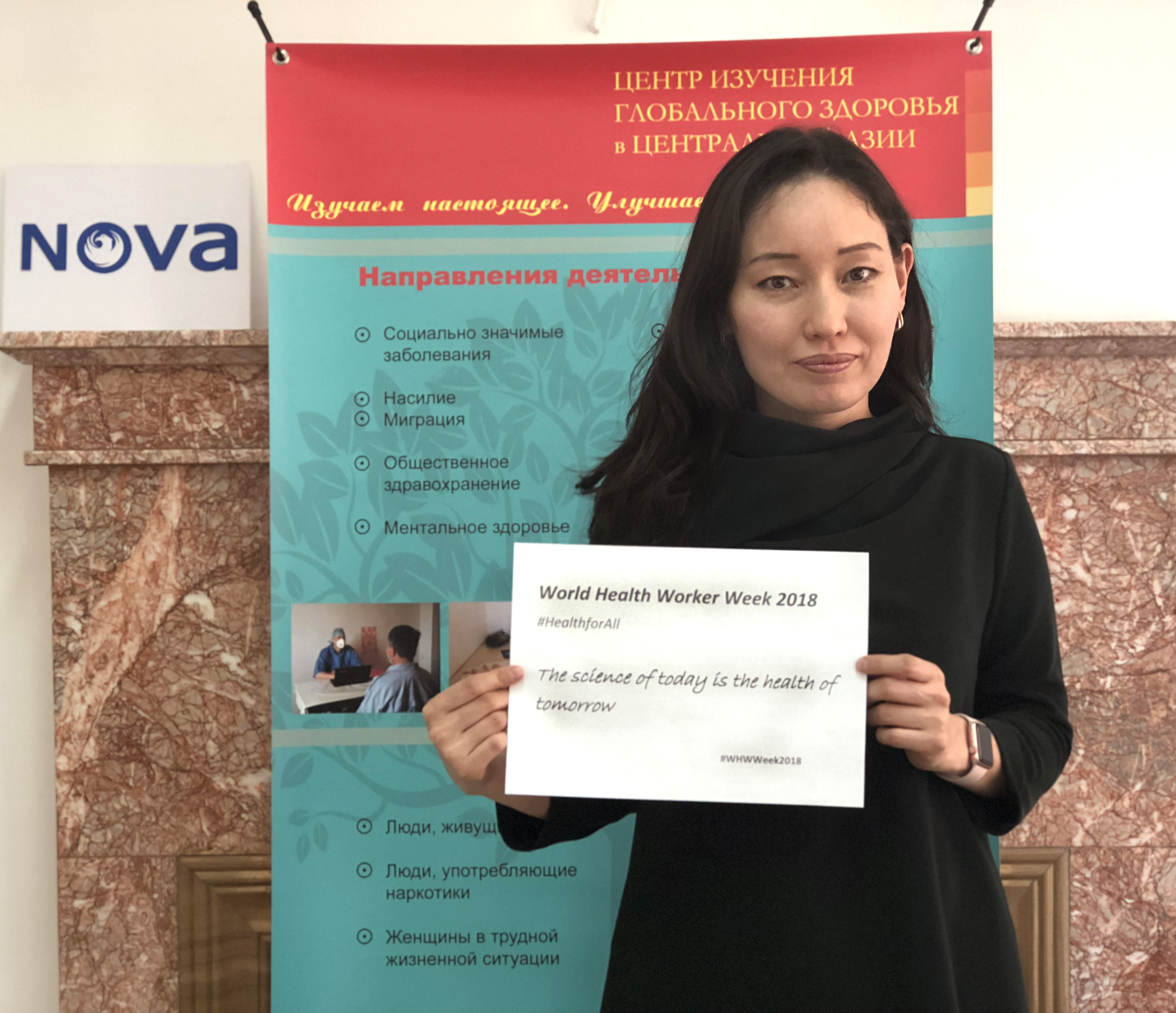
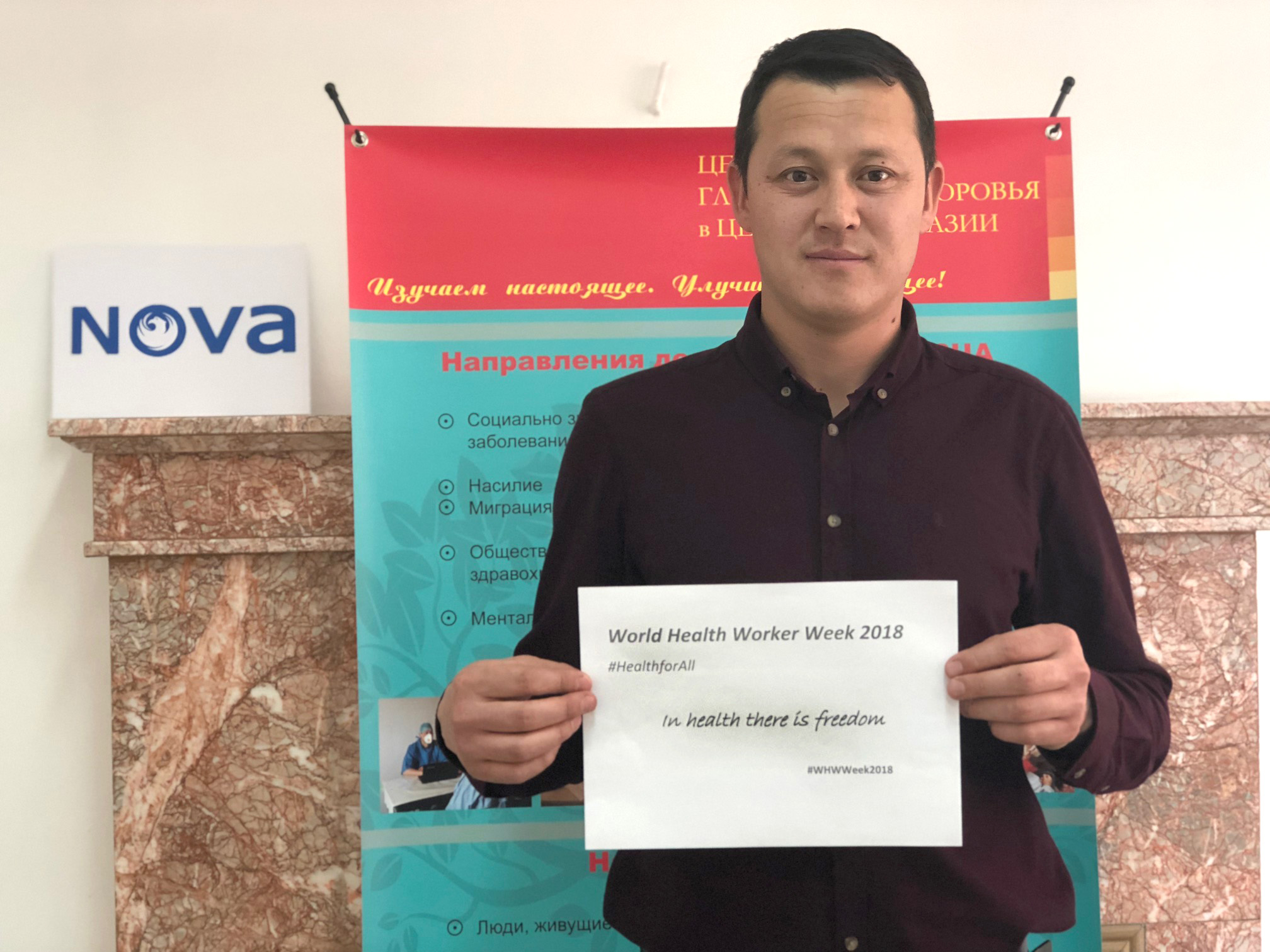
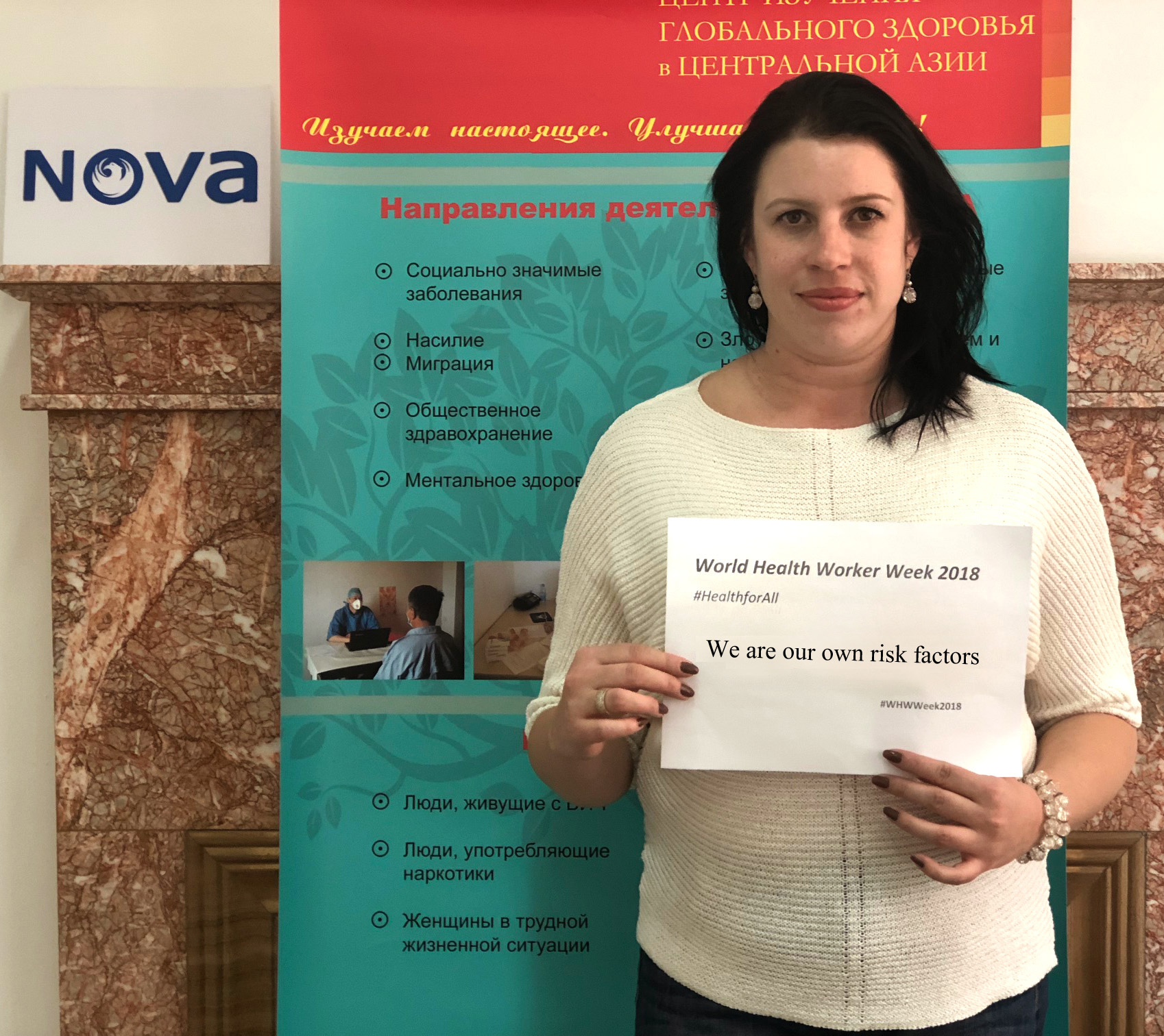

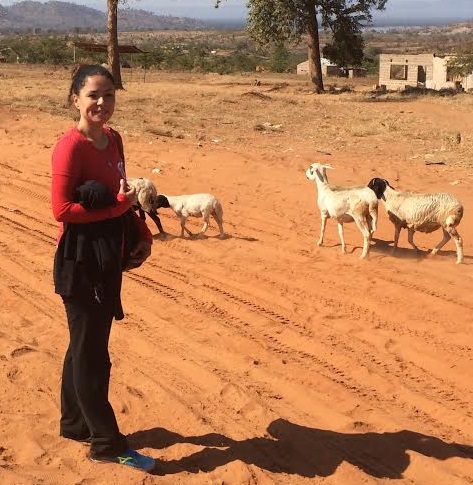


Connect with us